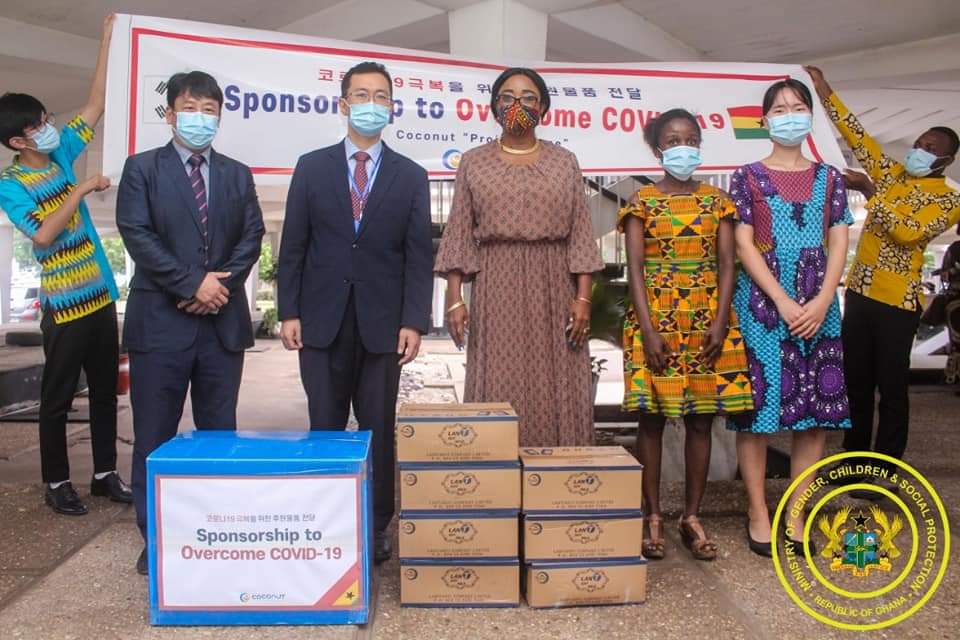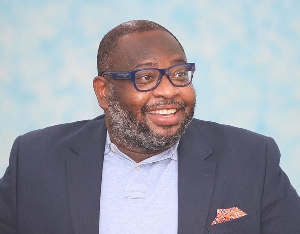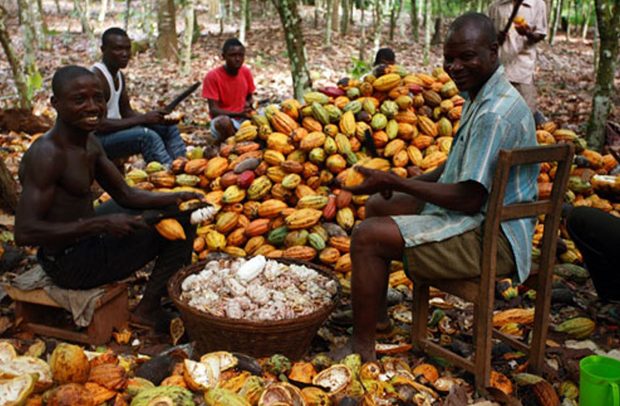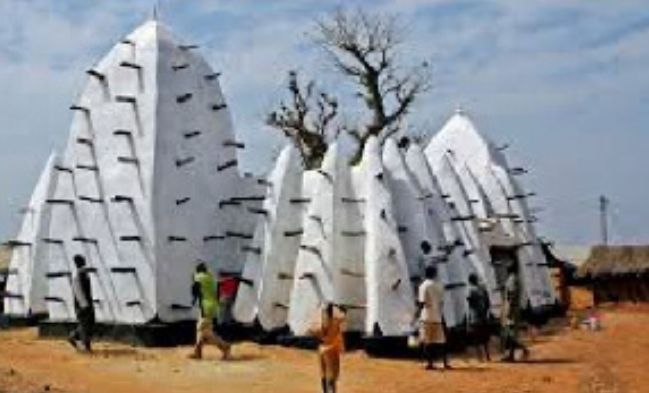DBG to Inject GH¢500 Million into Ghana’s Agricultural Sector to Boost SMEs and Drive Economic Growth
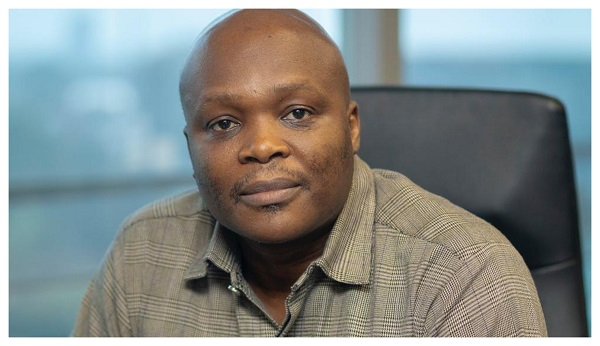
The Chief Executive Officer of Development Bank Ghana (DBG), Dr. Randolph Nsor-Ambala, has announced that the Bank will roll out GH¢500 million in 2025 to support Ghana’s agricultural value chain. The funding will primarily target Small and Medium-sized Enterprises (SMEs) within the sector to enhance productivity, improve food security, and create employment opportunities.
Dr. Nsor-Ambala made this announcement while speaking at the Kwahu Business Forum in Mpraeso over the weekend. The Forum, themed “The Future of Business: The Role of the Financial Sector,” brought together a wide range of stakeholders, including business leaders, financial institutions, investors, and government officials, with former President John Mahama in attendance.
Emphasizing DBG’s approach to long-term, sustainable transformation, Dr. Nsor-Ambala stated that the Bank is committed to supporting the entire agriculture ecosystem—from input suppliers and farmers to processors and distributors. He noted that traditional financial institutions often shy away from agriculture due to perceived risk, but DBG is working to change that narrative.
“We are partnering with financial institutions to help them better understand and assess the agriculture sector,” he said. “Through technical assistance to both banks and businesses, we are building capacity to properly evaluate and fund agricultural ventures.”
He also revealed that DBG is collaborating with development partners to establish partial guarantee schemes and agricultural insurance programs, aimed at further reducing risk in the sector.
Since its inception three years ago, DBG has disbursed GH¢1.62 billion in loans to more than 650 businesses, helping create over 18,000 direct jobs. The Bank currently operates in 13 regions and aims to expand coverage to all 16 regions of Ghana by the end of 2025.
Dr. Nsor-Ambala highlighted DBG’s broader mandate, which includes supporting sectors beyond agriculture such as manufacturing—particularly import substitution and export-focused businesses—ICT, health, education, and infrastructure development.
“Our goal is to build inclusive opportunities, create jobs for youth, and help position Ghana as a competitive player on the African and global stage,” he said.
Established by the Government of Ghana, Development Bank Ghana functions as a wholesale financial institution, working through Participating Financial Institutions (PFIs) to provide long-term, affordable financing. The Bank has received significant backing from international partners, including the World Bank, the European Investment Bank, KfW, and the African Development Bank.
DBG’s commitment is not only to empower local businesses but also to position the private sector as a key driver of national economic transformation.
Source: thepressradio.com

